“The unintended weaponization of a supposed positive concept”
I wrote that in response to a post in a private Facebook group where someone shared an adverse experience her daughter had gone through when her 4th grade teacher was trying to teach about having a ‘growth mindset.’ Someone said this comment could apply in many other situations.
That got me thinking about writing. Much of what passes as standard writing advice looks positive on the surface. But without the context, without discernment, it can easily be harmful.
For example, there’s the notion that you should write every day. There are countless authors, teachers and coaches who say if you want to be a writer, a real writer, you need to be writing every day. There are podcasts, Substacks and courses that purport to teach you how to do it.
Writing every day looks like a positive thing, spending consistent time with your writing helps improve your relationship with your writing. It also fuels creativity, lets you practice, hones the craft, etc.
And yet, stripped of nuance, this advice can be misunderstood, or at worse, can cause harm.
Why Write Every Day may just not work
For years, I thought I should be writing every day. I tried everything to make that happen. I got up before everyone else. I had lunch at my desk-a plate perched on a stack of books –typing away for 20-30 minutes. I tried stopping work early to write. I tried writing before supper and just after. I tried before bathtime and after my kids were in bed.
Whatever I tried, I couldn’t seem to do it for more than a few days at a time.
I blamed myself for not being able to make writing every day.
I’ve seen writing teachers imply, or come straight out and say that writing every day means your committed to your project. That you’re a professional. That you’re a writer, a real writer.
But what about those people whose lives do not currently allow them to write every day?
Those who have small children or are caregivers. Or those who have jobs that drain their energy or require constant availability to get the hours they need. What about those with chronic illness?
And what about those who may have more flexible time to write every day but whose natural creative process is more varied and intuitive versus more linear and scheduled?
What about all these people?
A different type of writing advice
What’s more important is to look at this advice critically.
Who are those saying need to write every day? Published authors? Yes, some, but do they all say this? People working and being paid as full-time writers? Surely, but was this always the case for them?
People selling courses to show you how to create a writing practice? I’m sure they do.
The only thing we can probably know for sure is that if someone says “write every day” is that that is what probably worked for them.
Do we need to write every day to be a writer?
No, we don’t. A writer is someone who writes.
Period.
What’s more helpful is a different question: Do we need to spend time with our writing to have a good relationship with it? And to feel nourished and fulfilled?
In my experience, the answer is yes.
Taking these two truths together, perhaps a better piece of writing advice is: to find time to write so that you have a good relationship with your writing and feel nourished. That’s going to look different for everyone and at every stage of a writer’s life.
If you find yourself able to write every day or nearly every day or even every other day, then let’s celebrate that. That’s delightful.
And, if you aren’t there, that’s worth celebrating too.
Here’s why:
If you discover you can write for a while on Sunday afternoons, for example, you’ll come to your writing like you’re seeing an old friend. You arrive with a joyousness in your heart, carrying love, curiosity, and playfulness. This feels so much better than coming to your writing out of a sense of obligation laden with ‘never enoughness.’
Wherever you are, know that the delight you feel when you write will keep calling you. And as you’re ready, you’ll be able to find the rhythm and timing that works best for you right now. Then, you can answer that call—pen in hand, notebook laid open—ready to see and be seen in your own words.

